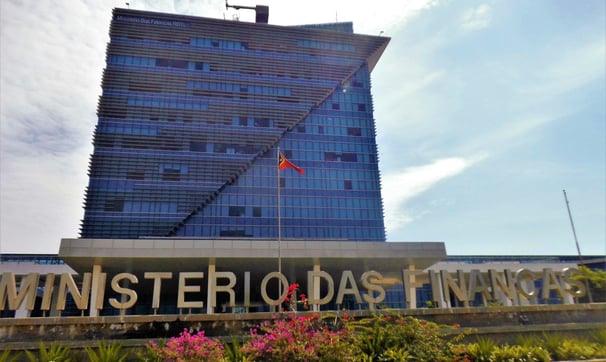Ministry of Finance: Economic Management and Fiscal Policy
MINISTRIESGOVERNMENT AGENCIES


The Ministry of Finance stands as one of the most crucial government entities for businesses operating in Timor-Leste. This ministry bears responsibility for the overall financial management of the State, encompassing fiscal policy formulation, budget management, and revenue collection systems that directly impact business operations and investment decisions.
The Ministry of Finance stands as one of the most crucial government entities for businesses operating in Timor-Leste. This ministry bears responsibility for the overall financial management of the State, encompassing fiscal policy formulation, budget management, and revenue collection systems that directly impact business operations and investment decisions.
The ministry's role in formulating and implementing fiscal policies affects the broader economic environment in which businesses operate. These policies influence inflation rates, exchange rate stability, government spending patterns, and overall economic growth trajectories. For businesses, understanding the ministry's fiscal approach provides insights into economic stability and growth prospects.
Budget preparation and execution represent core functions that significantly impact businesses through government procurement opportunities, infrastructure investments, and public sector spending patterns. The ministry's annual budget process determines government priorities and resource allocations, creating opportunities for businesses in favoured sectors while signalling areas of reduced government focus.
Tax policy development and implementation directly affect business costs and compliance requirements. The ministry's approach to corporate taxation, personal income tax, and other revenue measures influences business profitability and investment attractiveness. The ministry also oversees customs administration, affecting import-export businesses and companies relying on imported goods or materials.
Public debt management policies influence the country's fiscal sustainability and international credit rating, factors that affect the overall investment climate and access to international capital markets. The ministry's approach to debt management signals fiscal responsibility and long-term economic planning capabilities.
Financial sector regulation, while potentially shared with other agencies, affects banking services, insurance markets, and capital market development. These regulatory frameworks influence business access to credit, investment opportunities, and financial services essential for business operations.